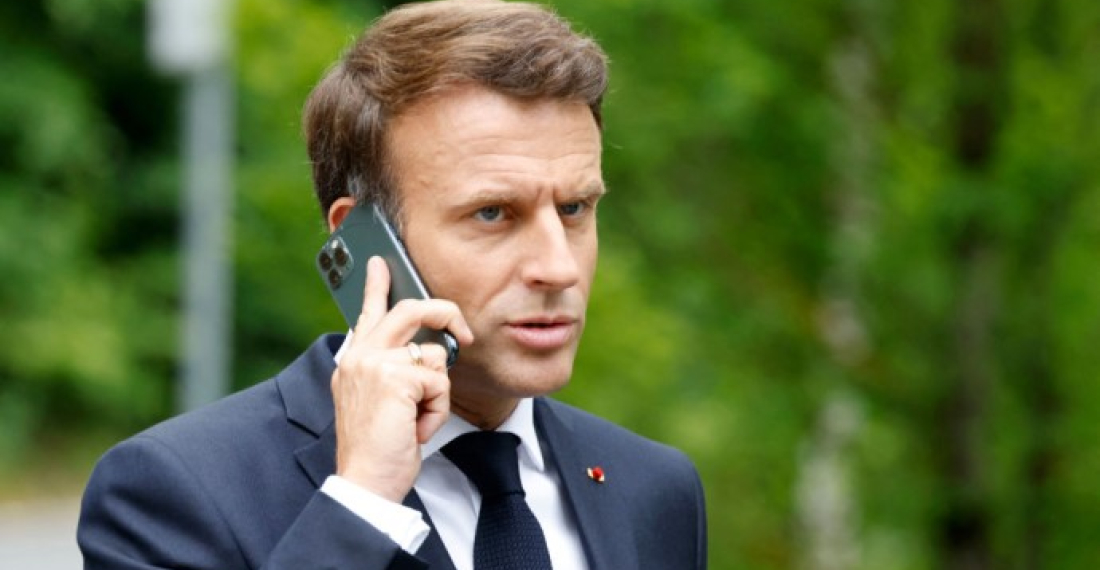The Russian president and his French counterpart Emmanuel Macron have spoken on the phone for the first time in years. Their last conversation took place in September 2022, more than six months after Russia's invasion of Ukraine.
According to Macron's office at the Élysée Palace, the telephone conversation lasted two hours.
The two leaders discussed the war in Ukraine and Iran's nuclear programme. During the conversation, Macron urged Putin to achieve a ceasefire in Ukraine "as soon as possible' and to begin peace negotiations 'for a lasting solution to the conflict". During the conversation, Macron also expressed "France's unwavering support for Ukraine's sovereignty and territorial integrity," according to the Élysée.
According to a statement from the Kremlin, Putin said that a peace agreement "must be based on new territorial realities". This would effectively mean Russia annexing occupied parts of Ukraine. However, according to France, the decision lies entirely with Kyiv.
The Russian president told Macron that Tthe conflict is a direct consequence of the policies of Western statesT. The Kremlin claims that these countries have ignored Russian security interests for years.






